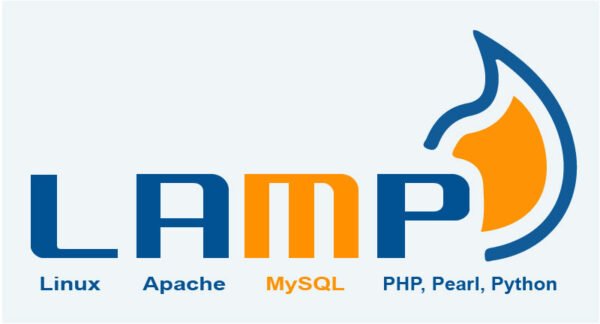When choosing a Linux or Unix-based control panel for your web hosting needs, you should be aware of the following options. This article provides an overview of Linux Web hosting panels.
Cpanel
Cpanel is one of the major options in all web hosting providers but it comes with an extra cost. Details about Cpanel features and pricing can be found at: https://cpanel.net/
Hpanel
Hpanel is the Cpanel flavor of Hostinger hosting provider. It makes use of CPanel but introduces a series of customizations provided by Hostinger. This means that when utilizing Hpanel you are tied to Hostinger for updates and for access to
Plesk
Plesk is similar to Cpanel and it also supports Windows server hosting besides Linux server hosting. Details about Plesk features and pricing can be found at: https://www.plesk.com/.
CloudPanel
CloudPanel is a free software to configure and manage a server with an obsessive focus on simplicity.
Run static websites, PHP, Node.js and, Python applications.
Hostbill with hosting panel integrations
With over 500 inhouse-built integrations for services like Payment Gateways, Hosting Panels, Domain Registrars, Client Portals and Order pages you can easily jump into new markets and service offerings without the need for external integrators inside Hostbill.
ISPConfig
This is a free and open source solution and comes with some useful paid add-ons, such as the Billing module and Migration Toolkit, which supports migrations from cpanel and plesk. ISPConfig can be downloaded from https://www.ispconfig.org/ispconfig/download/. A ISPConfig demo is also available.
Ajenti
The Ajenti platform includes following products:
- Ajenti Core, a Python library, the platform itself including the HTTP server, socket engine and plugin container.
- Ajenti Panel, a startup script and a set of stock plugins such as file manager, network configurator and service manager.
Virtualmin
Virtualmin is a powerful and flexible web hosting control panel for Linux and BSD systems. Available in an open-source community-supported version, and a more feature-filled version with premium support, Virtualmin is the cost-effective and comprehensive solution to virtual web hosting management. And, Virtualmin is the most popular and most comprehensive open-source control panel with over 150,000 installations worldwide.
Webmin
Webmin is a web-based interface for system administration for Unix. Using any browser that supports tables and forms (and Java for the File Manager module), you can setup user accounts, Apache, DNS, file sharing and so on. Webmin documentation is available at: https://www.webmin.com/docs.html. Webmin can be downloaded from: https://www.webmin.com/download.html.
